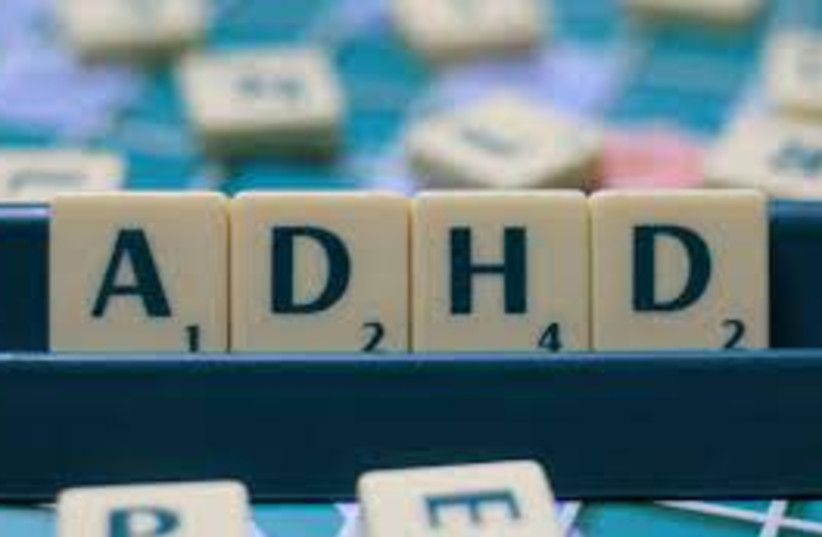A childhood diagnosis of Attention-Deficit Hyperactivity Disorder (ADHD) could mean that as an adult a person will be more than twice as likely to develop a form of heart disease as those without the condition, according to a new Swedish study.
The findings, published in World Psychiatry, explain that ADHD exists in parallel with other psychiatric and physical conditions, some of which have long been known to increase the risk of heart disease. However, the study is one of the first to examine whether ADHD is independently associated with overall and specific cardiovascular diseases.
“We found that adults with ADHD were more than twice as likely to develop at least one cardiovascular disease [CVD], compared with those without ADHD,” said first study author Lin Li, a researcher at the Karolinska Institute. “When we accounted for other well-established risk factors for CVDs, the association weakened but still remained significant, which indicates that ADHD is an independent risk factor for a wide range of cardiovascular diseases.”
"We found that adults with ADHD were more than twice as likely to develop at least one heart disease."
Lin Li
What's the link between heart disease and ADHD?
ADHD, which usually first shows up in childhood, is one of the most common neurodevelopmental disorders, with a global prevalence of around 2.5% of adults. It is characterized by hyperactivity and difficulty focusing.
Researchers analyzed more than five million Swedish adults, including some 37,000 people with ADHD. After an average 11.8 years of follow-up, 38% of individuals with ADHD had at least one diagnosis of cardiovascular disease, compared with 24% of those without it – an increase of more than 58%.

Risks were elevated for all types of cardiovascular diseases and significantly high for cardiac arrest, hemorrhagic stroke and peripheral vascular diseases. The association was somewhat stronger in men than in women. Certain psychiatric conditions, especially eating and substance use disorders, significantly increased the risk of cardiovascular disease in people with ADHD.
Furthermore, no evidence suggests treatment or psychiatric drugs like antidepressants or anti-anxiety meds have any notable impact on the association between ADHD and heart disease.
The researchers noted that due to the observational nature of the study, the findings cannot establish a causal relationship. Data was weak in specific areas, such as information covering certain lifestyle factors like diet and exercise habits.
What causes ADHD? Israeli scientists explain
There is a genetic predisposition to the disorder but researchers have long debated exactly how it works. Which genes are affected?
Israeli scientists have cracked the code to better understand the genetic causes of ADHD.
A 2021 study carried out by researchers from the Ben-Gurion University of the Negev and Soroka-University Medical Center found that the ADHD causing gene may be CDH2, a gene that encodes N-cadherin, which is responsible for aiding brain synapse activity and formation. A mutation in CDH2, however, alters this activity. This, in turn, impacts molecular pathways and dopamine levels in two specific brain structures: the ventral midbrain and the prefrontal cortex, both of which are involved in ADHD.
The implications of this finding could help pave the way for further understanding of how ADHD works, and how it can be treated and managed.
